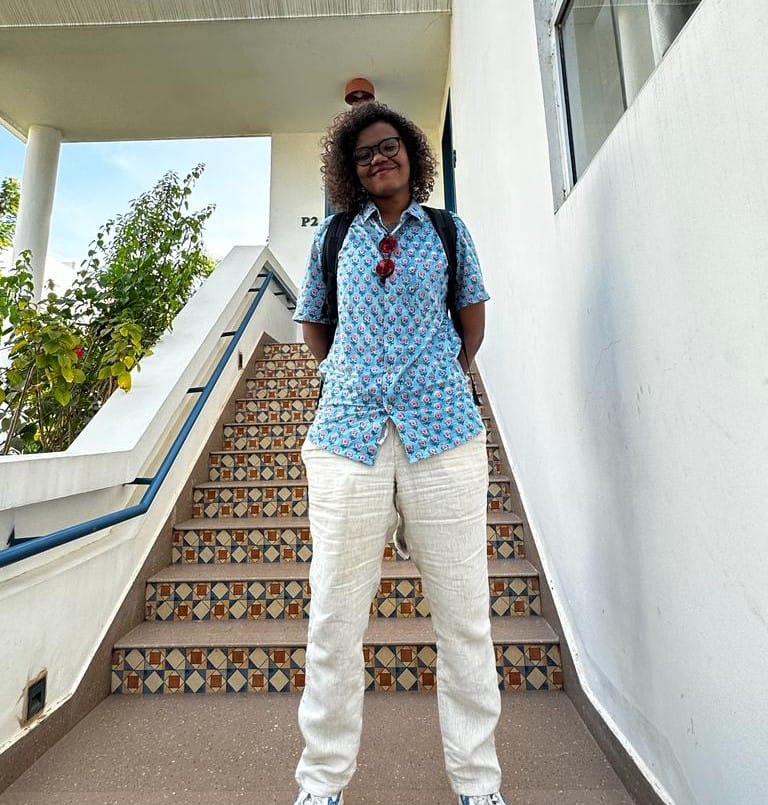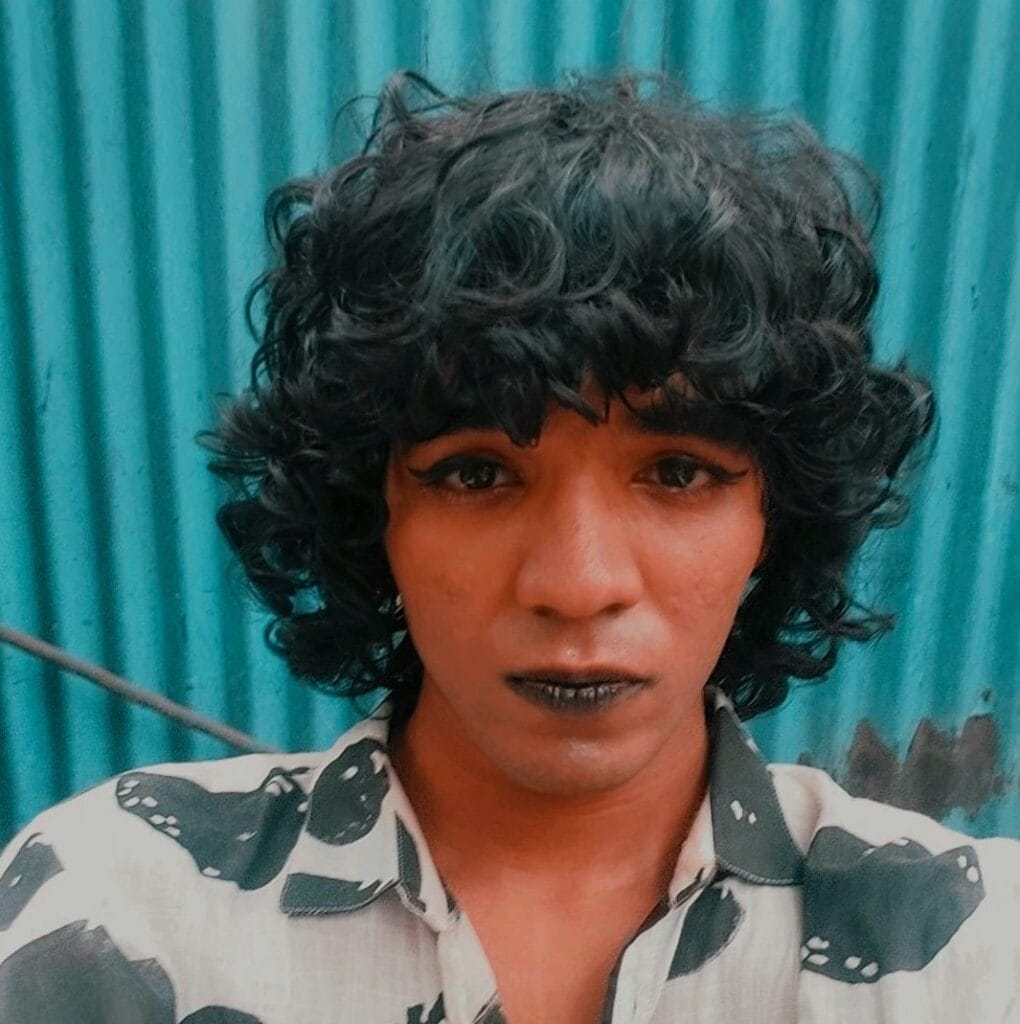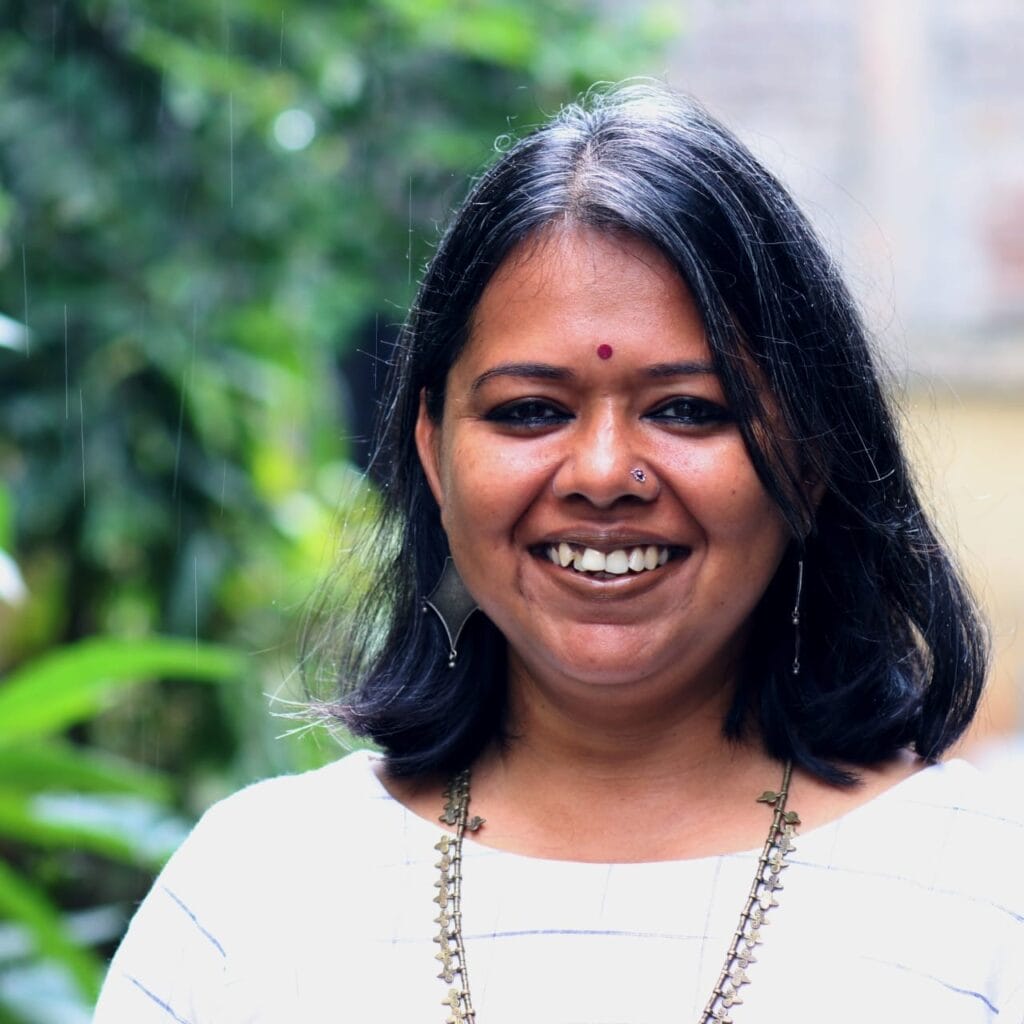Marcus is a trans man pursuing a master’s degree in sports management from IISM, Mumbai. As a member of the transgender community, Marcus welcomes the state government’s decision to provide free higher education to transgender students in public universities in Maharashtra and in affiliated colleges.
“This will be effective because a lot of trans people also come from the lower economic strata. Unfortunately, they have to leave their households early on because their parents don’t approve of their identity. They have to either manage their studies or drop out,” says Marcus.
Policy’s inclusivity objective
On December 5th, at a meeting to review the level of readiness of colleges for the implementation of NEP (2020), the minister of higher and technical education, Chandrakant Patil, appealed to the vice-chancellors of universities to provide free higher education to transgender students. All the VCs have agreed to it.
Following this decision, plans to conduct gender sensitisation workshops at campuses and to build trans friendly infrastructure are underway. This is expected to encourage them to take up higher education and to make university education equitable and inclusive.

This policy will most definitely benefit those from lower socio-economic backgrounds, but the scope of its benefits will extend to all trans students, irrespective of their financial background. Many trans students face stiff resistance from their families when they come out. Sometimes families disown them, leaving them vulnerable in more than one way — bereft of emotional and financial backing, deprived of basic necessities like a shelter.
In such conditions they are left with no choice but to seek employment, for which they may be forced to quit their studies. It becomes a vicious cycle — without higher education they cannot aim for better jobs and they cannot access educational opportunities without leaving their jobs.
Although the latest data on the number of trans students is not available, the 2011 Census of India, gives us a rough idea. The census recorded 4,87,803 individuals, who identified themselves as belonging to a sex/gender other than male or female, of which 8% population was in Maharashtra. The national figures included 54,854 children between the ages of zero and six, who will now be the beneficiaries of this policy.
Implementation challenges
While the government has taken a step in the right direction, the real stumbling block could be the implementation. “It’s very good to make policies, where do you operationalise it? And how do you operationalise it?” asks Suchetana Banerjee, who has previously taught at Jadavpur University, IIT Bhilai, Sophia College in Mumbai, and currently teaches at Symbiosis School of Liberal Arts (SSLA) in Pune.
Suchetana agrees that the decision will benefit trans students from a lower income group, but she wonders if waiving off fees will be enough to increase access. “Where do they stay? What do they eat? Is there a stipend for them to kind of, you know, roam around in the city, do something in the city, because otherwise it’s impossible,” she says.

Jemma D’Souza, a 20-year-old graphic design student at MITID, Pune, points out, “Living in the hostel of your assigned gender is very uncomfortable. And universities aren’t sensitive towards that at all.” She had to stay at the boys’ hostel, but is now planning to move into an apartment near the campus. Other than this, practical things like gender options on forms and the availability of gender neutral washrooms are significant concerns.
Acceptance of a transgender person’s right to decide their self-identified gender is a major challenge in most public institutions. However, the landmark NALSA judgement, delivered on 15th April 2014 by Justice K S Radhakrishnan and Justice A K Sikri clearly states, “Gender identity refers to each person’s deeply felt internal and individual experience of gender, which may or may not correspond with the sex assigned at birth, including the personal sense of the body which may involve a freely chosen, modification of bodily appearance or functions by medical, surgical or other means and other expressions of gender, including dress, speech and mannerisms.”
Read more: Bambai Nazariya: How a Mumbai Café is changing the norm through love
Sensitised faculty, safe campus
A sweeping systemic shift is required for this judgement to find its full expression. Trans students, faculty members, and VCs of universities agree that one of the essential steps in this process would be gender sensitisation workshops.
However, Alex Xela Alphonso, a 22-year-old trans woman who is currently studying textile and apparel design at NID, Haryana, makes an important point, “It’s not sensitisation in the sense that these things exist, but a more nuanced experience that comes from queer people themselves. You can’t have non-queer people teaching you about all these concepts, because it’s an outsider lens.”

Besides conducting gender sensitisation workshops for students, Suchetana also emphasises that faculty members should be taught the use of pronouns and how to listen and talk to trans students with empathy. In fact, faculty play a very important role in making the classroom a safe space for trans students and in leading by example.
“It skews that whole (group) dynamic when faculty or someone in power is taking your birth name,” says Alex while talking about something that cis-gendered people may take for granted: the right to be called by a name of your choice. The process of legally getting your name changed can be long-drawn out. Besides, there are students, who have not yet come out to their parents. So, although the official name in college documents may be their birth name, teachers can pave the path for the acceptance for trans students by addressing them by their chosen name in class instead of their dead name.
Dr. Medhinee Kulkarni who till recently was teaching at The Hinduhridaysamrat Balasaheb Thackeray Medical College and R N Cooper Municipal General Hospital in Mumbai adds another significant detail regarding the sensitisation of faculty, “Quite a lot of (permanent) teachers are quite old, and are set in their ways. And the younger teachers are contractual staff. So they will not be a permanent fixture from the time students start their medical journey to the time they graduate.” She believes that younger staff members can speak the language of trans students better, thus enabling them to create a safe environment for trans students to bloom.
She also stresses that faculty may not be enough despite being trained, and that they need to work in conjunction with psychiatrists and counsellors to ensure a fruitful and safe educational experience for transgender students.
Then there are other people whom students encounter at college campuses: administrative staff, housekeeping staff, security guards. In many cases the harassment of trans students begins literally at the gate of the college. Jemma points out that many colleges do not hire female security guards. She says, “My friends have faced harassment by the guards at the gate. So, I think that the guards also need to be sensitised.”
Curriculum
While the VCs of universities are vocal about conducting gender sensitisation workshops and making infrastructural changes in campuses, a very significant aspect is being overlooked: curriculum. Both Alex and Suchetana draw attention to the fact that the curriculum is designed from a binary, heteronormative perspective.
“If you’re studying in an institution, and you’re learning about the world around you, and it doesn’t include you, it’s not nice,” says Alex. Suchetana gives an example of how faculty members might continue to use typical masculine pronouns such as he/him when teaching.
Dr Medhinee also says that in the first year of medical college students are only taught about the anatomy and physiology of a typical female and male body, again leaving trans students feeling unseen.
Will this policy enable reforms?
Jemma believes that horizontal representation will be more effective than this policy, an opinion shared by trans activists for very clear reasons. Alex, on the other hand, thinks that the government has got the wrong end of the stick. If colleges start by creating a safe environment for students, enrolment will go up.
Opinions vary, but the Maharashtra government has put the first step forward in a long journey towards equitable education.
| How to make university campuses more inclusive and accepting for students of the transgender or larger LGBTQ community? If you have any experiences or suggestions, please do share at mumbai@citizenmatters.in. |
| Organisations such as Humsafar Trust have been providing support to the queer community for several years. Their contact is: Humsafar Trust Mumbai Address: 3rd Floor, Manthan Plaza, Nehru road, Vakola, Santacruz (East), Mumbai – 400055 Phone: +91 9892940966 Email: info@humsafar.org https://humsafar.org/contact-us/ |
Such a brilliant start to the New Year..Inclusiveness is the key to the start of a beautiful society…I hope they get their due respect in the society